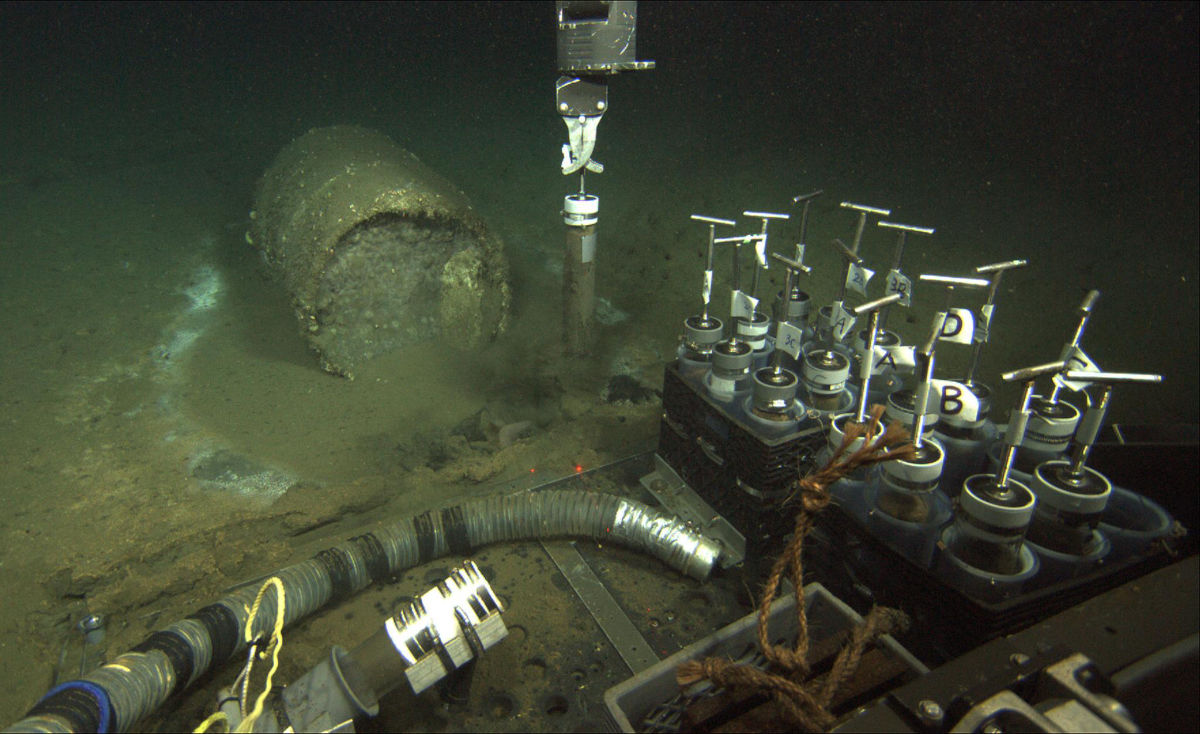In recent months, we have seen startling examples of human’s disregard for our planet’s ecosystems by treating our oceans as a limitless garbage dump.
The first example was in April 2021, where U.S. marine scientists discovered 27,000 barrels containing DDT dumped by the U.S. based Montrose off the coast of Los Angeles from 1947 to 1961 (possibly up to 1982 when they finally ceased operations) Based on historical records by a Times review, there could be as many as half a million barrels underwater. DDT is a potent pesticide, so stable that it takes generations to break down, and numerous scientific literature have linked DDT to wildlife devastation and cancers in humans.
The second example is with Japan’s TEPCO who in April 2021, with the support of the Japanese government and the approval of the U.S. and International Atomic Energy Agency (IAEA), announced their intention to release over 1 million tons of radioactive water into the ocean. This is extremely concerning because the core of the Fukushima nuclear power plant was exposed and damaged, and the radioactive water being released is likely to contain many hundreds of different chemicals, some highly radioactive and dangerous. DDT and radioactive chemicals in the oceans have been shown to devastate oceanic life and even birds. These chemicals persist for generations and through a process known as biomagnification, would accumulate in higher concentrations as it moves up the food chain. Being on top of the food chain, humans would be ignorant to think these chemicals would not land on our dinner plates.
Kyrios, with her intricate knowledge of Earth’s biogeochemical systems and more, says that such acts will irreversibly damage our ecosystem. The people who stand to suffer most are the local population and the surrounding countries. However, such local pollution will eventually spread globally and impact everyone. Kyrios says that our oceans are not a dumping ground. We may think that our vast oceans can sufficiently dilute and reduce the toxicity of these chemicals, but that is a fallacy. Such chemicals will persist, react and spread through oceanic currents and marine life globally to cause many problems still unknown to science.
Governments and corporations have a core responsibility to the people and communities they serve, and should protect and preserve the environment and not act in their own self-interests or for profits. We should not forget that we only have one planet. We are dependent on it for our lives and our livelihoods. We must do absolutely what’s necessary to protect and preserve it, not just for ourselves but our future generations too. It is everyone’s responsibility to protect the oceans.
